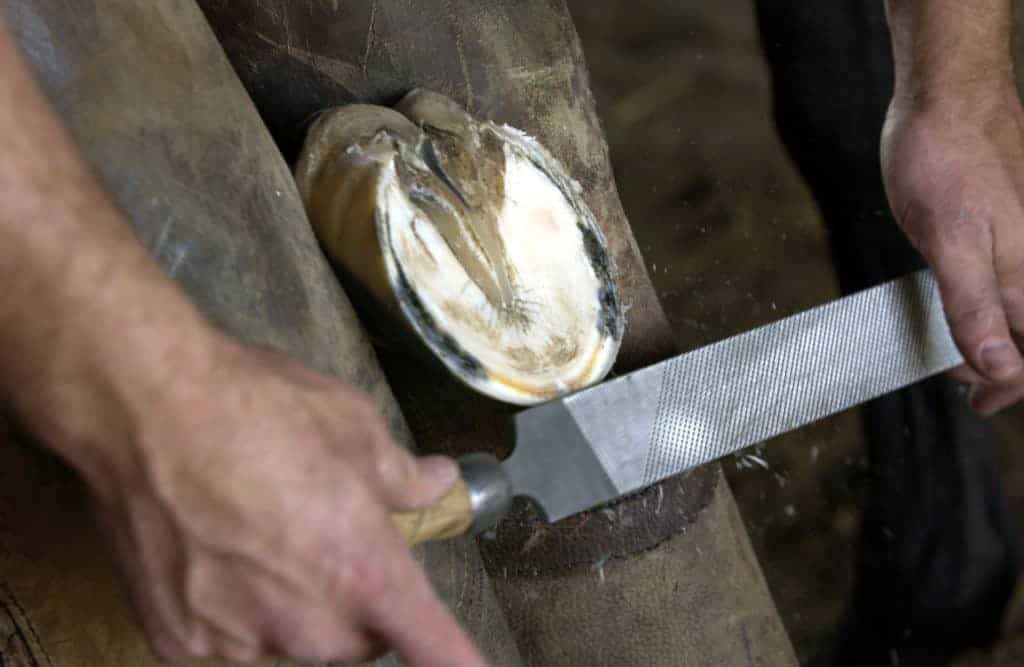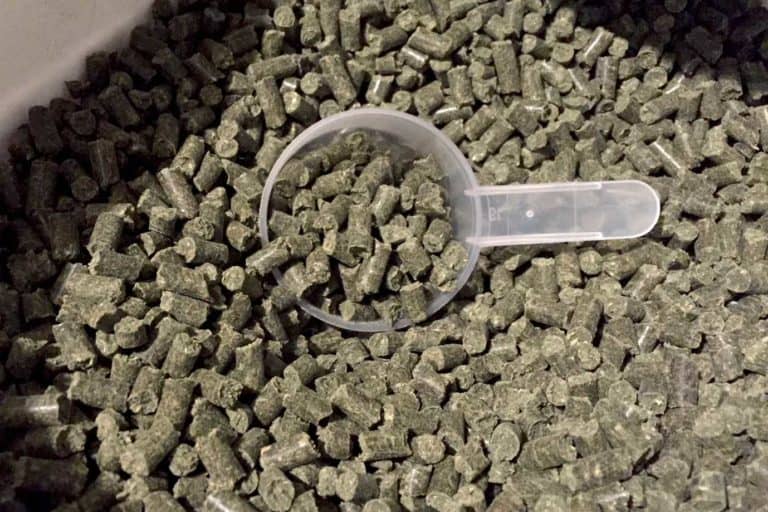Antibody Titers
You might have heard your veterinarian say, “Let’s run a titer on him,” when referring to your horse and whether he’s protected against disease, or to figure out what might be causing particular clinical signs. What exactly does “titer” mean?
















